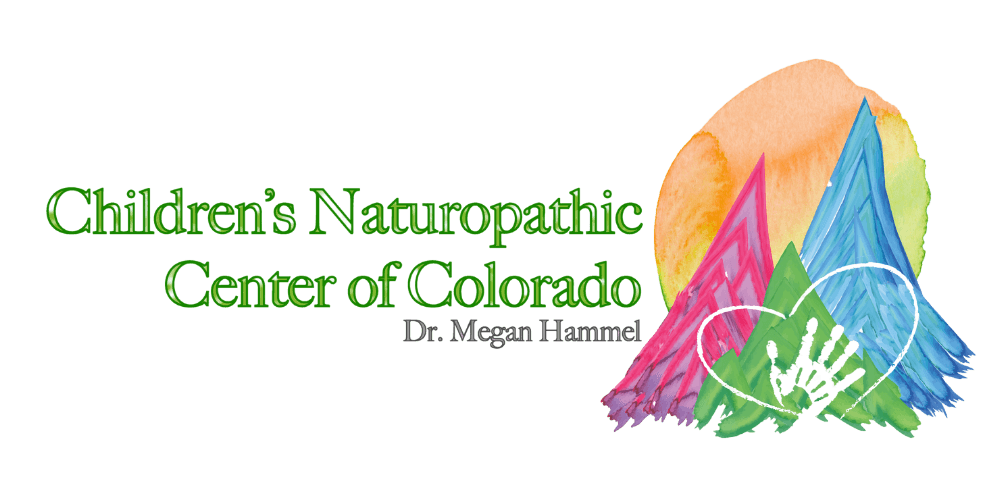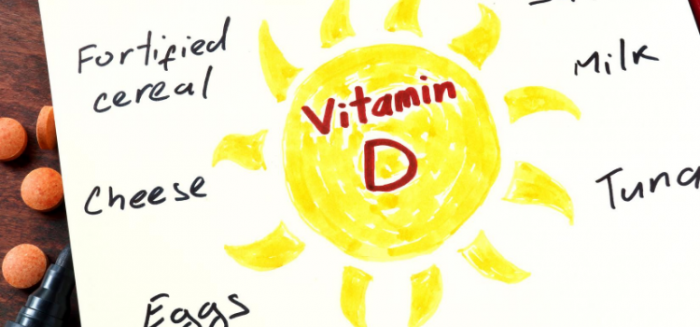For adults and children, diet and nutrition should be a top priority. Prioritizing these will help you obtain a healthier lifestyle (and get the energy you need in this fast-paced world of ours). You truly are what you eat! Not only should you, Parents, think about your own nutritional lifestyle, but when it comes to your children, it is crucial to ensure they get the nutrients they need while they are growing and developing.
Nutrient deficiencies are common, but with the proper care, you can adjust your diet or add supplements to make sure to account for a loss.
What is a nutrient deficiency? It’s pretty self explanatory but it’s technically defined as the lack of nutrients in the human body that are not being absorbed or consumed enough to meet your daily needs. Many yummy foods have some of the nutrients kids need, but not enough. Some supplements can help. And, this is why it is very important to teach them to eat anything and everything, including broccoli, to avoid these following issues.
Top 5 Common Nutrient Deficiencies
-
Iron Deficiency
This is an essential mineral that provides oxygen to the blood cells. This is one of the most common deficiencies affecting 25% and more of the population. Anemia, fatigue, a weak immune system and impaired brain function can be a result of iron deficiency. Common sources of iron are found in red meat, organ meat, shellfish and canned sardines. Other sources for vegetarians and vegans include beans, seeds and dark greens. Ask your Naturopath about how to add iron to your diet. Remember that too much iron can also be dangerous.
-
Iodine Deficiency
It is important for normal thyroid function and thyroid hormone production. It regulates metabolism rate, growth, brain development, and bone maintenance. This one affects nearly a third of the world’s population. The deficiency can cause development abnormalities. Symptoms include an enlarged thyroid gland called goiter, shortness of breath, increased heart rate, and weight gain. Some sources for iodine are seaweed, eggs, fish and dairy.
-
Vitamin D Deficiency
Vitamin D is a fat soluble vitamin that functions as a steroid hormone in the body. When skin is exposed to the sun, vitamin D gets produced from the cholesterol in the skin. People who live far from the equator are more likely to have this deficiency. Numbers also rise for older people and those with darker skin. For children, nutrient deficiencies of Vitamin D can cause growth delays and soft bones. The best food sources for Vitamin D are cod liver oil, fatty fish, egg yolks, and of course sun exposure. Vitamin D drops are also recommended for babies and children.
-
Vitamin B12 Deficiency
Also known as cobalamin, it is a water-soluble vitamin. Vitamin B12 is essential for the formations of the brain, blood and nervous system function. It can be obtained from food and supplements, and every cell needs this vitamin. The absorption of this vitamin decreases as we age. Sources of the vitamin include shellfish, meat, eggs and dairy products. There aren’t as many vegan or vegetarian options in food when it comes to Vitamin B12, but supplements can do the trick in that case.
-
Calcium Deficiency
Calcium is so important for bone and teeth maintenance, especially as children are growing. It mainly supports the heart, muscles and nervous system function. When the body absorbs enough calcium in the blood, the rest goes into the bones. When people are calcium deficient, the most common symptom is osteoporosis (fragile and soft bones). Make sure to consume boned fish, dairy products and dark green veggies.
There are so many more vitamins that our bodies need, like the vitamin A, magnesium and zinc. Having a healthy body will help you become happier and stronger. Remember, the greatest wealth is health.
Get checked out as soon as you can and start getting those nutrients your body is lacking. And, your body is unique. Talk to a pediatric doctor of naturopathic medicine for your child’s health to get specialized recommendations on supplements and nutrition.
Start with an Appointment at Children’s Naturopathic Center of Colorado – Click Here
Resources:
https://www.healthline.com/nutrition/7-common-nutrient-deficiencies#section8
https://www.hhs.gov/fitness/eat-healthy/importance-of-good-nutrition/index.html

